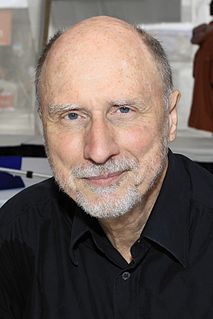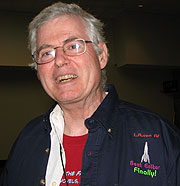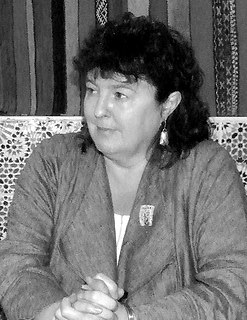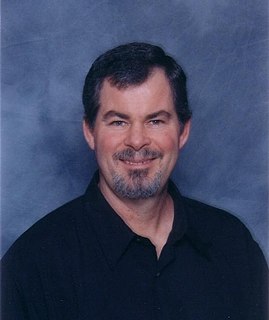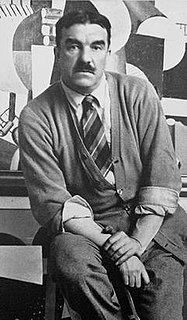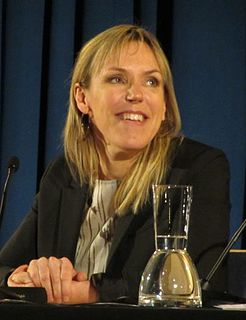A Quote by Robert Olen Butler
In Red Flags, Juris Jurjevics has brilliantly accomplished a feat that is becoming a major characteristic of 21st century literature: the seamless combining of a genre form with the deep resonance of literary art. This book is thrilling to read for both its narrative drive and its insight into the human heart.
Related Quotes
I think Twitter is the literature of the 21st century. I think it's an incredible art because when you make a book, you don't know who reads it. But every line, I write a million people, they read it, and then they insult me, they love me, they discuss, they give an opinion instantly, immediately. They are completely in communication, immediately. That is a real art.
Whatever they are, can Comics be "Art"? Of course they can. The "Art" in a piece is something independent of genre, form, or material. My feeling is that most paintings, most films, most music, most literature and, indeed, most comics fail as "Art." A masterpiece in any genre, form or material is equally "good." It's ridiculous to impose a hierarchy of value on art. The division between high and low art is one that cannot be defended because it has no correlation to aesthetic response.
With the myriad of new Bible translations on the market today, few stand out. The ESV is one of the few, and surpasses the others in its simple yet elegant style. In many respects the ESV has accomplished in the 21st century what the KJV accomplished in the 17th: a trustworthy, literary Bible that is suitable for daily reading, memorizing, and preaching.
I want my books to exist in the literary world, not only in the art world. I am interested in having a dialogue with other writers, and the readers of those writers. Someone who is reading a book of mine might not have visited my exhibitions related to it, but can still have a full, literary experience with that book. This would be a completely different experience from stepping into the show, not having read the book. One form is not illustrative of the other.
The feat of superbly imitating a muscle, as Michelangelo did, or a face, as Raphael did, created neither progress nor a hierarchy in art. Because these artists of the sixteenth century imitated human forms, they were not superior to the artists of the high periods of Egyptian, Chaldean, Indochinese, Roman, and Gothic art who interpreted and stylized form but did not imitate it.
In fact I don't think of literature, or music, or any art form as having a nationality. Where you're born is simply an accident of fate. I don't see why I shouldn't be more interested in say, Dickens, than in an author from Barcelona simply because I wasn't born in the UK. I do not have an ethno-centric view of things, much less of literature. Books hold no passports. There's only one true literary tradition: the human.
Patronizing the Arts is a brilliantly nuanced assessment of why universities must become art patrons. Learning from the twentieth-century university's embrace of Big Science, Garber argues that twenty-first-century universities must rigorously devote their attention to Big Art. Provocative, witty, and layered, Patronizing the Arts cogently demonstrates the advantages for both art and the university in this new and radical alliance.
